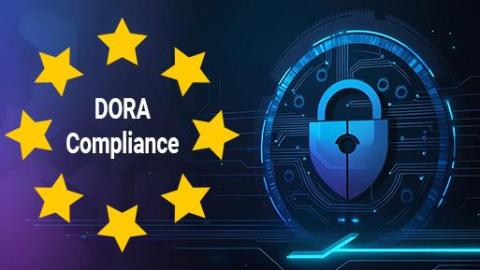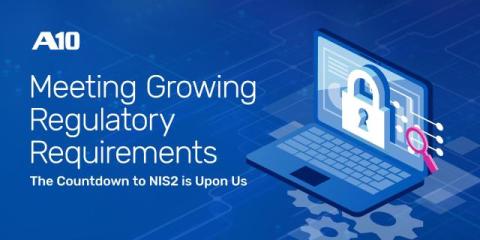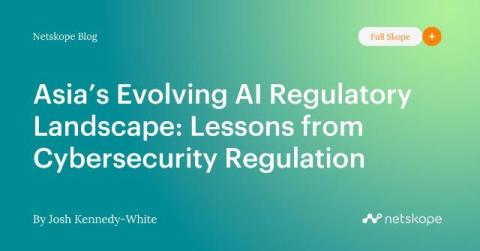SEBI's CSCRF Regulation
India's Securities and Exchange Board (SEBI) has introduced a new regulatory framework called the Cyber Security and Cyber Resilience Framework (CSCRF). The regulation aims to tighten cybersecurity and data governance for capital market participants. As cyber threats increase globally, the CSCRF is poised to create a stronger defense line for organizations operating in India’s capital markets.











